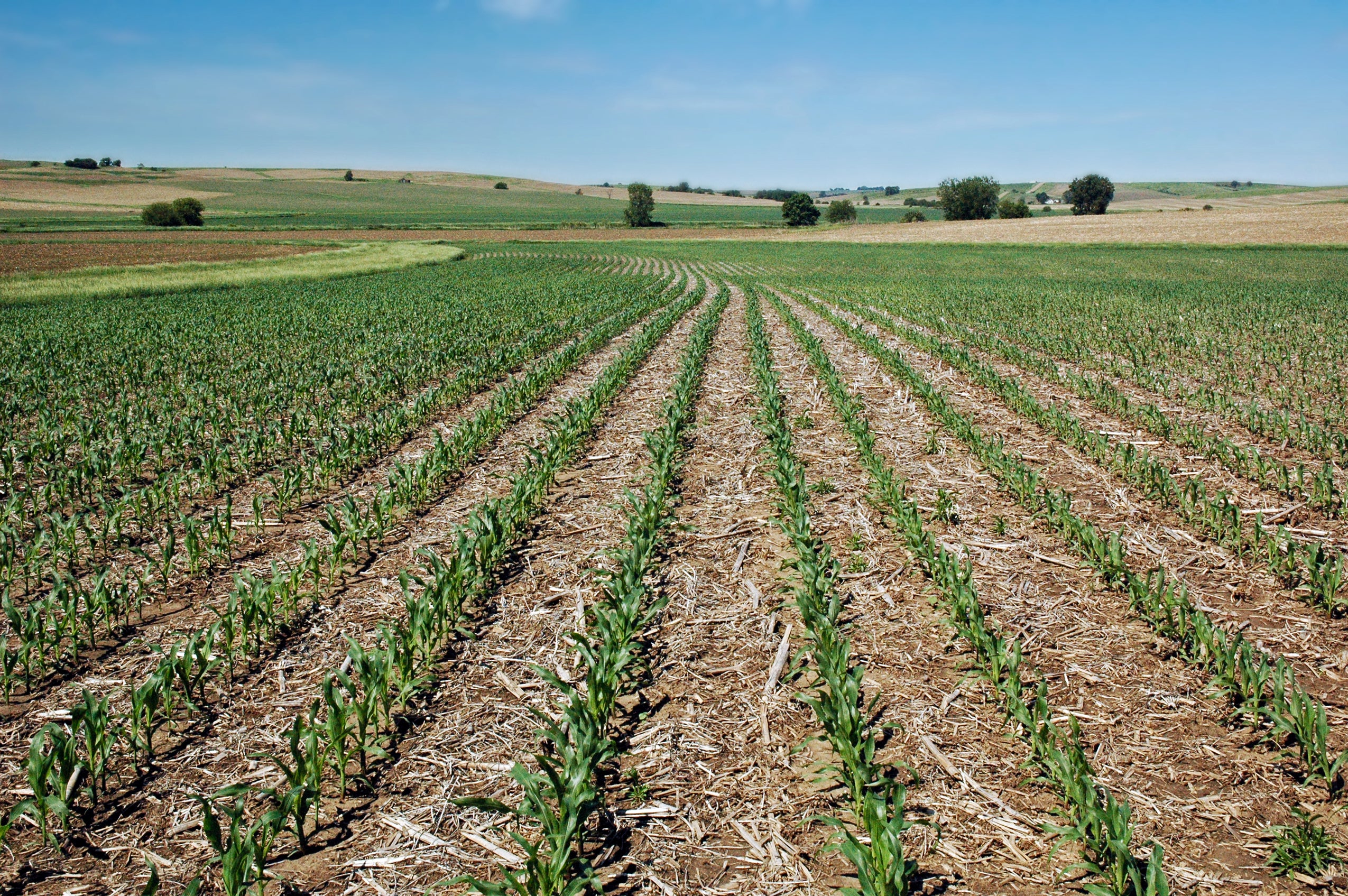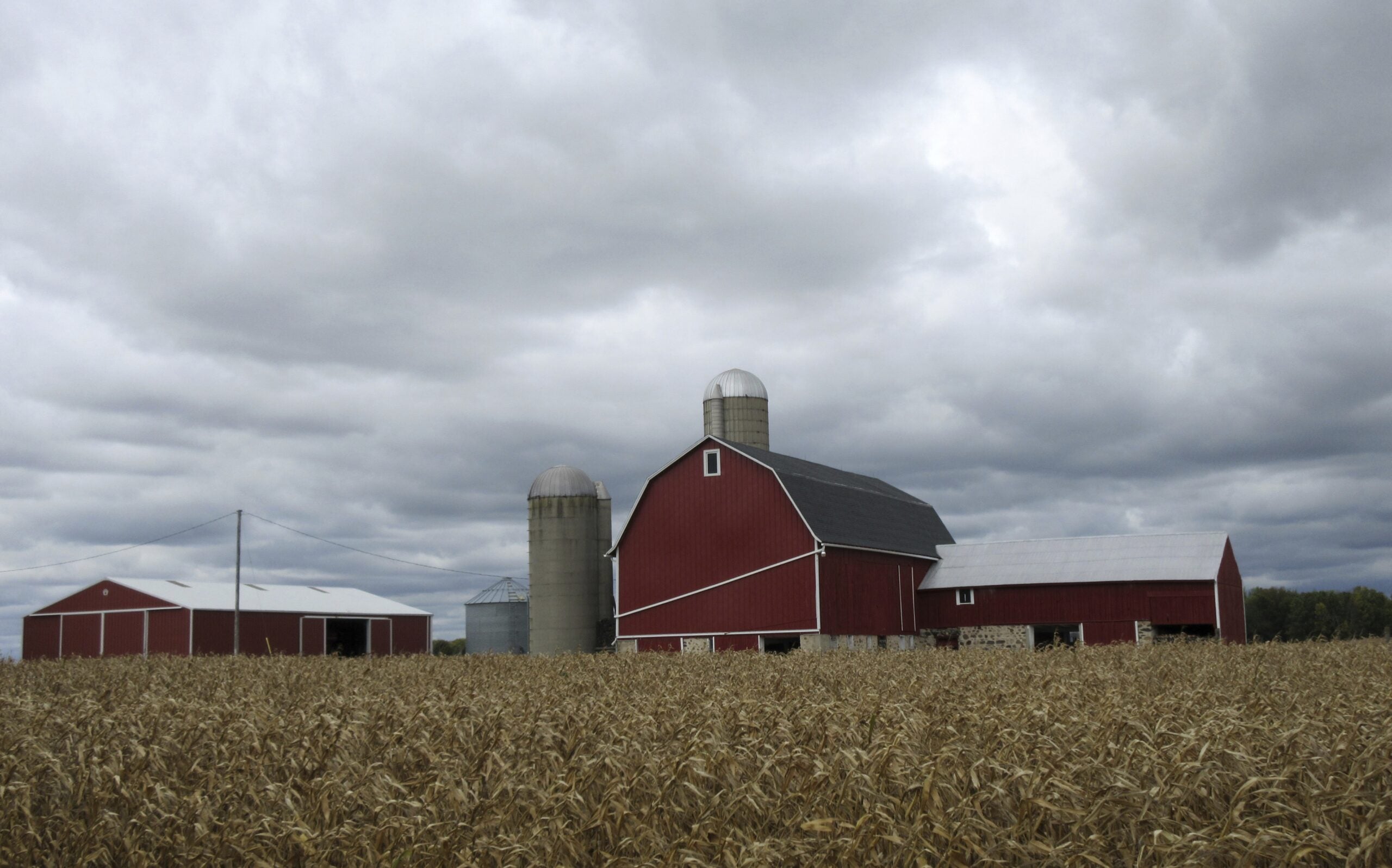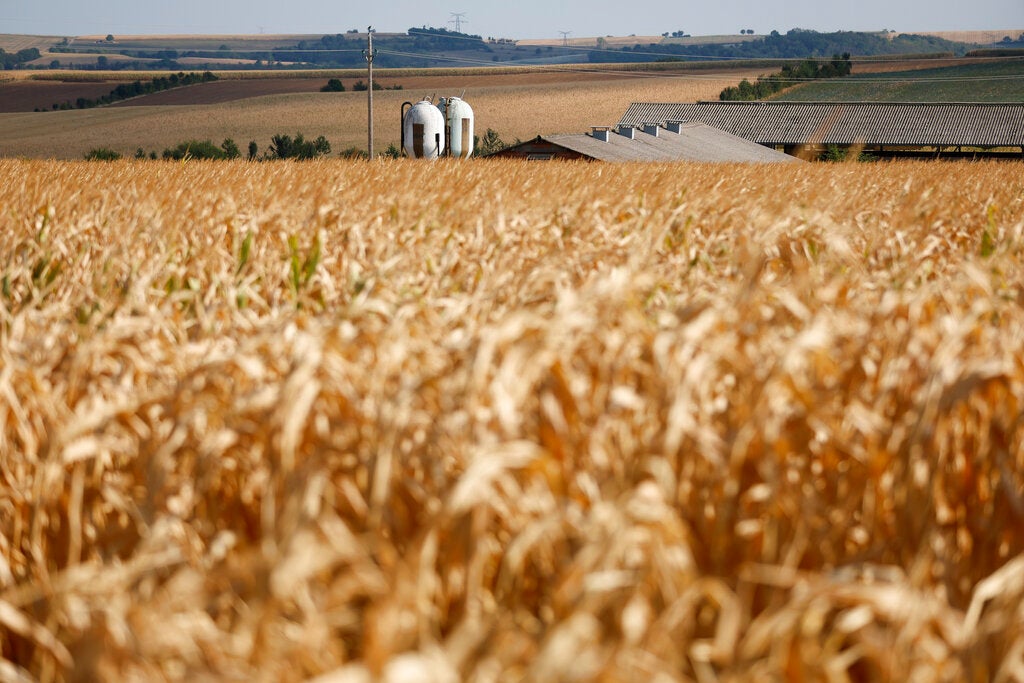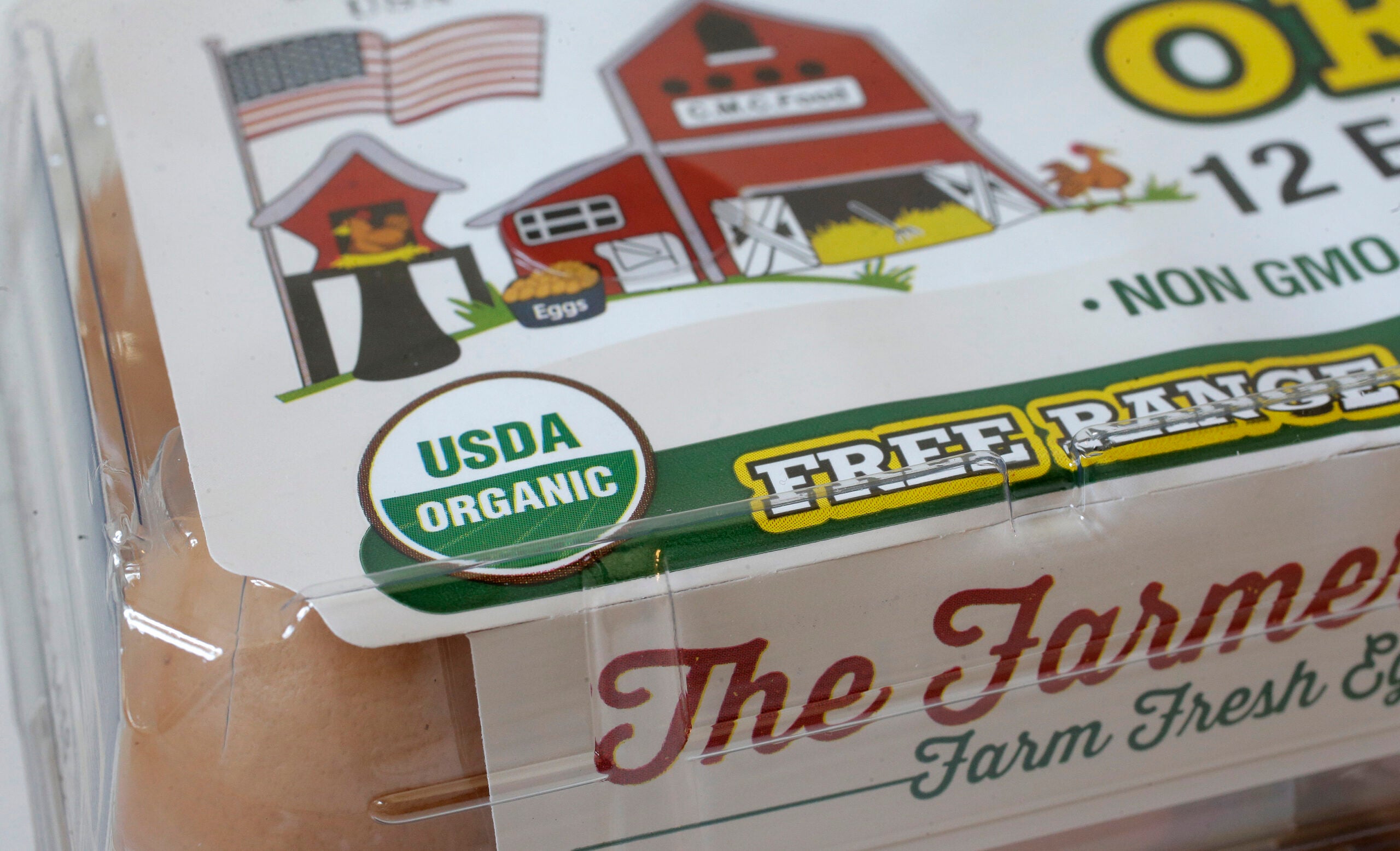Universities throughout the Midwest are doing more and more organic agriculture research, and the scholarship is having an impact on the organic industry.
As consumer interest and farmers’ curiosity in organic foods continues to grow, researchers at land-grant universities are responding to those demands.
A new report from the Ceres Trust, a private foundation that supports organic research, found that 13 universities have dedicated a combined 2,000 acres of land to certified organic agriculture. The number of faculty and students focused on organic research is also on the rise.
Stay informed on the latest news
Sign up for WPR’s email newsletter.
Ceres Trust director Catherine Gillia describes the growth as slow, but steady. She predicts that research will grow and benefit the entire industry.
“Organic farmers, they spend a lot of time in their fields,” Gillia said. “It’s an art and a science and having access to that science that’s documented — Yes, you have your intuitions and you have farmers who have experience over years, and they’re already investing so much — it can really help guide best practices.”
Wisconsin farmers and researchers have been working together more and more over the last decade.
UW-Madison organic research specialist Erin Silva says the work has really improved the state’s farming practices and marketing, and lowered production costs.
“We’d definitely like to see research to support the existing industry, as well as growth in that industry, because there is opportunity to expand our organic diversified vegetable production here as well,” Silva said.
Silva says support for research is also growing on a national level, since funding increased in the most recent Farm Bill.
Wisconsin Public Radio, © Copyright 2025, Board of Regents of the University of Wisconsin System and Wisconsin Educational Communications Board.







